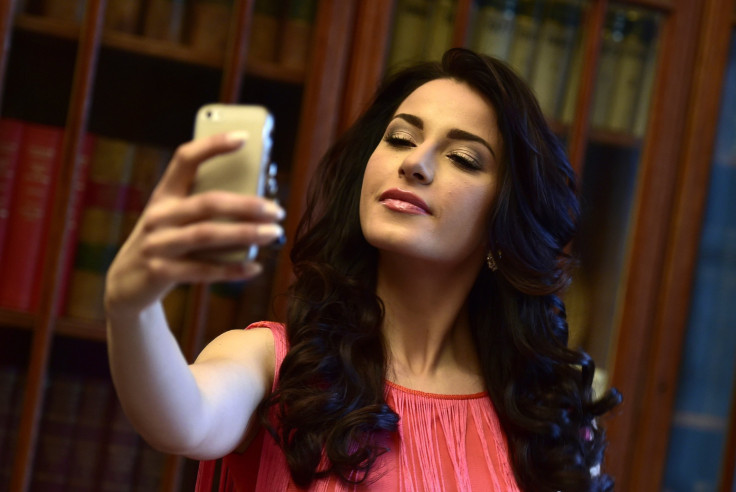Selfies And Plastic Surgery: New Poll Shows Link Between Social Media And Rise In Plastic Surgery Procedures

The rise of the so-called selfie photograph has contributed to an increase in the number of plastic surgeries being performed in the U.S. A new survey found many patients have turned to plastic surgery after becoming hyperaware of their images as a result of greater social-media use.
The American Academy of Facial Plastic and Reconstructive Surgery found in a poll that one in three respondents in a survey pool of 2,700 of its members said they had seen an increase of procedure requests as a result of patients’ social-media awareness. It also found that procedures such as rhinoplasty, hair transplants and eyelid surgery had all registered increases from 2012 to 2013, with those procedures rising by 10 percent, 7 percent and 6 percent, respectively.
“There has been a 25 percent increase over the past year and a half to two years. That is very significant,” Dr. Sam Rizk, a New York-based plastic surgeon, told Reuters. “They come in with their iPhones and show me pictures. Selfies are just getting to be so crazy.”
Although Rizk said he has seen an increase in patient requests, it doesn’t mean that everyone is right for plastic surgery. He said selfies have created a distortion of image.
“Too many selfies indicate a self-obsession and a certain level of insecurity that most teenagers have. It just makes it worse,” Rizk said. “I refuse a significant proportion of patients with selfies because I believe it is not a real image of what they actually look like in person.”
Adding fuel to the new plastic-surgery rush is the number of applications and tools that can be used to alter images on cameras and smartphones to create idealized, unrealistic versions of users’ photos. “There are apps that apply filters to your face, that smooth out wrinkles ... or put artificial makeup,” Reuters quoted Dan Ackerman, a senior editor at CNET, as saying. “There is a subeconomy of tools and advice that have built up around this.”
© Copyright IBTimes 2024. All rights reserved.






















